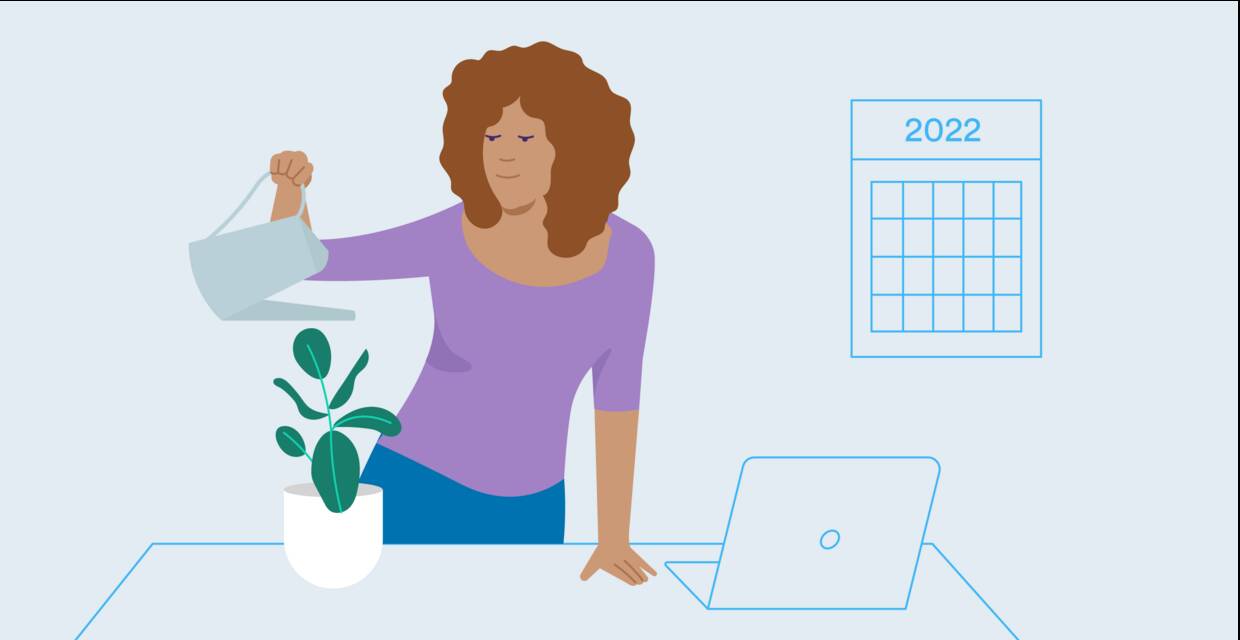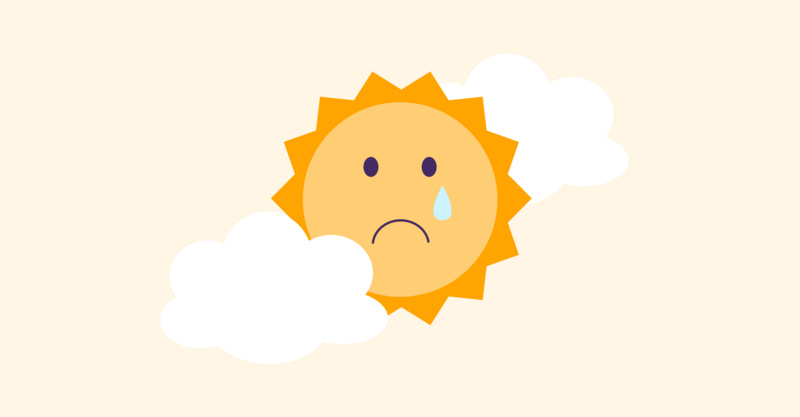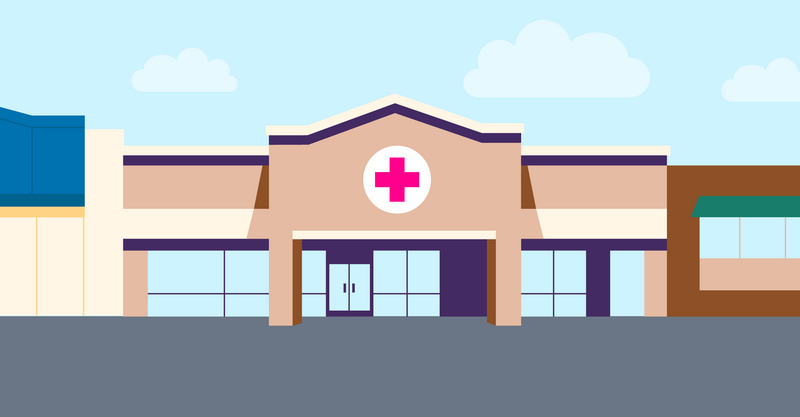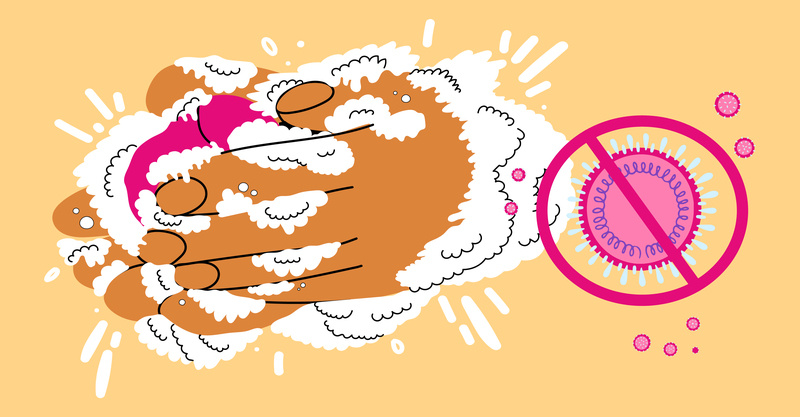Key Points
- The article discusses how to navigate the ongoing COVID-19 pandemic in 2022, suggesting that individuals should accept the situation as a slow fade rather than expecting a sudden end. It also emphasizes the importance of flexible and fluid expectations.
- It recommends a nuanced approach to COVID-19 risk, suggesting that decisions should be made based on personal comfort levels, regional COVID-19 numbers, and emotional tolerance for risk. It also encourages individuals to create their own closure to move forward.
- The article highlights the importance of mental health, with a significant increase in symptoms of anxiety and depressive disorders during the pandemic. It suggests seeking mental health support or therapy as a resolution for the new year.
- It provides several COVID-related resolutions, such as feeling less guilty about decision-making, improving mask usage, revamping remote workspaces, and enhancing outdoor spaces for socializing.
- The article underscores the importance of preventive care checks and maintaining overall wellbeing, highlighting how the pandemic has shifted priorities and values, and encouraging individuals to act on their goals and aspirations despite the ongoing situation.
As we think about our hopes for the new year ahead, a question looming over everyone’s heads is what Year 3 of the COVID pandemic will bring. For many, it’s difficult to grasp that we’ve been living in a world shaped by the pandemic for so much longer than anyone anticipated. But it’s also important to remember that the world is not in the exact same place as it was three winters ago, and neither are you.
The team at Solv has compiled some mindset shifts and tips to help you consider different ways to navigate the next chapter of COVID and chart your path this year.
How to rethink and reframe COVID coping strategies
As Joe Pinsker wrote in The Atlantic, it’s easy for many of us to remember — in clear-cut terms — when and how the pandemic began. You might flashback to when you first read a news article about the virus spreading, or recall the first day your school or workplace shut down. Perhaps the moment when a loved one became sick comes to mind, or the date when you lost a job.
Though many of us may have hoped the pandemic would have a similarly neat ending to bring a sense of collective closure, as Pinsker wrote, the pandemic is not going away anytime soon. So instead of waiting for a singular moment to mark the end, it can be useful to reframe our big-picture thinking about how to approach our daily lives in this next chapter of the pandemic. Below are some of the Solv team’s favorite mindset shifts:
- Try to accept that life in 2022 will continue to feel like a slow fade from the pandemic, rather than a light switch signaling it’s over. Keeping expectations flexible and fluid can help us navigate changes bound to arise as Americans get booster shots, variants emerge and return-to-office plans accelerate (and decelerate again). If the pandemic has reinforced anything, it’s that change is constant. Accepting this is easier said than done — and may feel scary! — but can help us grow comfortable with not having a set roadmap for 2022.
- Make decisions about COVID risk with a nuanced approach, rather than black-and-white terms. Of course, before resuming public outings, experts suggest that you get vaccinated or boosted if you’re not yet already and test for COVID frequently. But with vaccines and booster shots widely available, the health precautions you should be taking might now feel less clear.
- The level of socializing or “normal” activity that your neighbor is comfortable pursuing may be different than yours, and that’s ok. Older adults, unvaccinated children and immunocompromised people may face a different calculus. It’s also ok if you continue adjusting your approach based on COVID numbers in your region, upcoming plans and even simply your emotional tolerance for risk on a given day. One size doesn’t have to fit all.
- Find your own ways to create the closure you need to move forward. Because there will be no societal moment when life snaps back to what it was pre March 2020, look for ways to create closure for yourself. Do you want to take a trip? Run a marathon? Get a tattoo? If you wait for external signals, you may feel disappointed. The time to act is now!
Positive resolutions for living with COVID, not hiding from it
It’s easy to put things off and tell ourselves we will tackle that goal or issue once COVID is gone, or “when the pandemic ends” (and of course, it is natural for Americans to prioritize pressing daily needs like health, employment and earning enough money to live over less urgent goals). However, coronavirus may never be completely gone, according to The Atlantic — and the new year presents a fresh opportunity to work toward goals that shifted to the back burner.
Acknowledge how your priorities and values have transformed since the start of the pandemic. In a Fidelity Investments survey, about 4 in 10 Americans said the pandemic has led them to become closer to family. More than 8 out of 10 people said they’ve learned to let go of things they can’t control, according to the survey.
For some, the past two years have built resilience: one third of Americans in the Fidelity survey said the pandemic pushed them to become stronger as a person. For others, this experience has altered what they want from work. Nearly half of millennial and Gen Z respondents currently employed plan to look for a new job in 2022, according to the survey, with respondents citing stress levels, flexibility and finding a role suited to their values as key factors.
The pandemic has also highlighted the importance of mental health care. In a survey conducted by Voya Financial, a financial, retirement, investment and insurance company, 6 in 10 respondents cited wanting to work on overall wellbeing in 2022, with roughly 1 in 3 respondents emphasizing mental health. Meanwhile, according to Voya Financial, more than 7 in 10 people said they consider mental health care benefits an important or extremely important employer benefit.
What do you want to do differently this year?
To provide some inspiration for COVID-related resolutions, the Solv team compiled some of our favorite ideas to help you.
- Resolve to feel less guilty when making decisions with the information that you have. Think about what makes sense given you and your family’s medical risks and history. Many of us are going back to “normal” outings or travel, but feel guilty or second guess our decision-making in hindsight. Stay up to date with CDC guidelines, news about variants and case counts in your region. Then once you make a choice, let it go and move forward — you deserve to enjoy life, support your mental health and appreciate how you spend your time.
- Take steps to find mental health support or therapy. Roughly 4 in 10 American adults reported symptoms of anxiety or depressive disorders during the pandemic — a jump from the 1 in 10 who reported symptoms in 2019, according to the Kaiser Family Foundation. Though finding an affordable mental health therapist is no easy feat, a crop of companies now let people book single sessions at set prices to help you find a provider within your budget (even if your insurance won’t cover sessions). You also might consider modalities like text or video-based therapy and be surprised to discover that less traditional methods meet your needs.
- Hey doc, it’s been awhile! Get back into the doctor’s office to see your providers. Now that you’re hopefully no longer in constant crisis mode, it’s the perfect time to resume with preventive care checks. Book that mammogram, schedule that annual visit and refill those prescriptions. Get screened for cancer, alcohol and substance abuse, and mental wellbeing. For more tips on health resolutions check out this blog article.
- Elevate your mask game. Masks aren’t going anywhere! They’re now as much a household staple as a phone or car keys. Invest in a few statement masks for casual, fun or fancy looks. You might feel more excited to wear them out if you can change it up and they reflect your style.
- Revamp your remote workspace. Decorate your space so it feels inspirational. With return-to-work timelines in flux and variants emerging, you may find yourself working from home longer than expected. There likely won’t be a permanent return date that sticks. As more jobs involve hybrid arrangements, it could prove worthwhile to make your home office a space where you feel safe, comfortable and energized.
- Spruce up your outdoor space. As cases rise and we head into winter, find an outdoor space you feel comfortable seeing friends in — and dust off your winter gear to stay warm! Having your go-to spot will give you options to socialize even if you choose to steer clear of indoor gatherings.
***
Sources:
Frequently asked questions
How can we adjust our mindset to cope with the ongoing pandemic?
Instead of waiting for a singular moment to mark the end of the pandemic, we can reframe our thinking to accept that life will continue to fade from the pandemic slowly. It's also important to make decisions about COVID risk with a nuanced approach and find personal ways to create closure and move forward.What are some suggestions for dealing with the ongoing pandemic?
Some suggestions include accepting that the pandemic will not end abruptly, making decisions about COVID risk with a nuanced approach, and finding personal ways to create closure and move forward. It's also recommended to stay updated with CDC guidelines, take steps to find mental health support, and revamp your remote workspace.What changes have Americans reported due to the pandemic?
According to a Fidelity Investments survey, about 4 in 10 Americans said the pandemic has led them to become closer to family. More than 8 out of 10 people said they've learned to let go of things they can't control. One third of Americans said the pandemic pushed them to become stronger as a person.How has the pandemic affected employment?
The pandemic has altered what many people want from work. Nearly half of millennial and Gen Z respondents currently employed plan to look for a new job in 2022, citing stress levels, flexibility, and finding a role suited to their values as key factors.How has the pandemic highlighted the importance of mental health care?
The pandemic has increased awareness of the importance of mental health care. In a survey conducted by Voya Financial, 6 in 10 respondents cited wanting to work on overall wellbeing in 2022, with roughly 1 in 3 respondents emphasizing mental health. More than 7 in 10 people said they consider mental health care benefits an important or extremely important employer benefit.What are some COVID-related resolutions suggested by the Solv team?
The Solv team suggests resolutions like feeling less guilty when making decisions with the information at hand, taking steps to find mental health support, getting back into the doctor's office for preventive care checks, elevating your mask game, revamping your remote workspace, and sprucing up your outdoor space.What does the article suggest about the future of the pandemic?
The article suggests that the pandemic will not have a clear-cut end and will likely continue to shape our lives in 2022. However, it encourages readers to adapt to this reality by adjusting their expectations, making nuanced decisions about COVID risk, and finding personal ways to create closure and move forward.How has the pandemic affected mental health in America?
The pandemic has significantly affected mental health in America. Roughly 4 in 10 American adults reported symptoms of anxiety or depressive disorders during the pandemic, a significant increase from the 1 in 10 who reported symptoms in 2019, according to the Kaiser Family Foundation.
Solv has strict sourcing guidelines and relies on peer-reviewed studies, academic research institutions, and medical associations. We avoid using tertiary references.


 LinkedIn
LinkedIn










